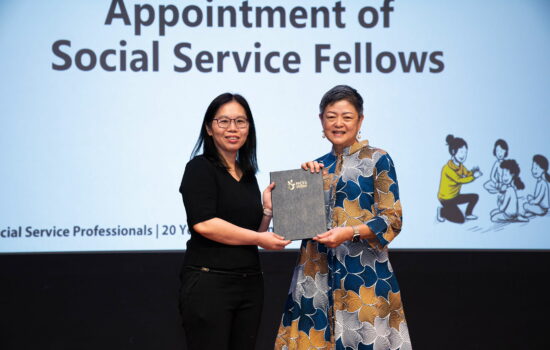Recent cases featured in the media1 have highlighted some of the challenges that people with special needs and their caregivers encounter when complying with COVID-19 tests and protocols. Over the past one year, we have helped our clients and their caregivers manoeuvre these protocols, and here are some pre-emptive measures which we realised could help make some situations less stressful for everyone:
- Providing caregivers with a letter or note from the social workers explaining that their charges are unable to wear the mask because of their disability and/or medical conditions. The letter comes in handy if they are stopped at train stations or public places.
- Negotiating for a better appointment timing for swab test or vaccination, if possible.
- Calling the hospital or clinic ahead of the client’s medical appointment to be familiar with what will be required during the visit and the medical procedures. This could help to prepare the client for the procedures and also to prepare the medical staff involved on what to expect in terms of the client’s behaviours and reactions. This co-ordinating and liaising not only alleviate the stress faced by caregivers, they also allow for a smoother visit.
- Social workers can work with the clinic or hospital to determine if it is possible for care staff who are familiar with the clients to be onsite to help support them during the procedure. The presence of the care staff or social worker will be helpful, especially for clients who have caregivers who are elderly or have language barriers who may find it challenging to coordinate with the medical team.
- Preparing clients who have autism for the swab or vaccination process by bringing them near the clinic or vaccination centre to familiarise themselves with the vicinity. Before the actual day of the swab test or vaccination, caregivers or care staff can explain the swab or vaccination process in bite-sized information to the clients regularly.
We are glad that more frontline staff will be trained to handle COVID-19 situations involving persons with disabilities. We hope that the relevant authorities will continue to put considerations for vulnerable groups like those with disabilities as part of the planning process, right at the start.
1 The Straits Times. Retrieved 27 July 2021. Caregivers and social agencies welcome MOH review of Covid-19 protocols for people with special needs





